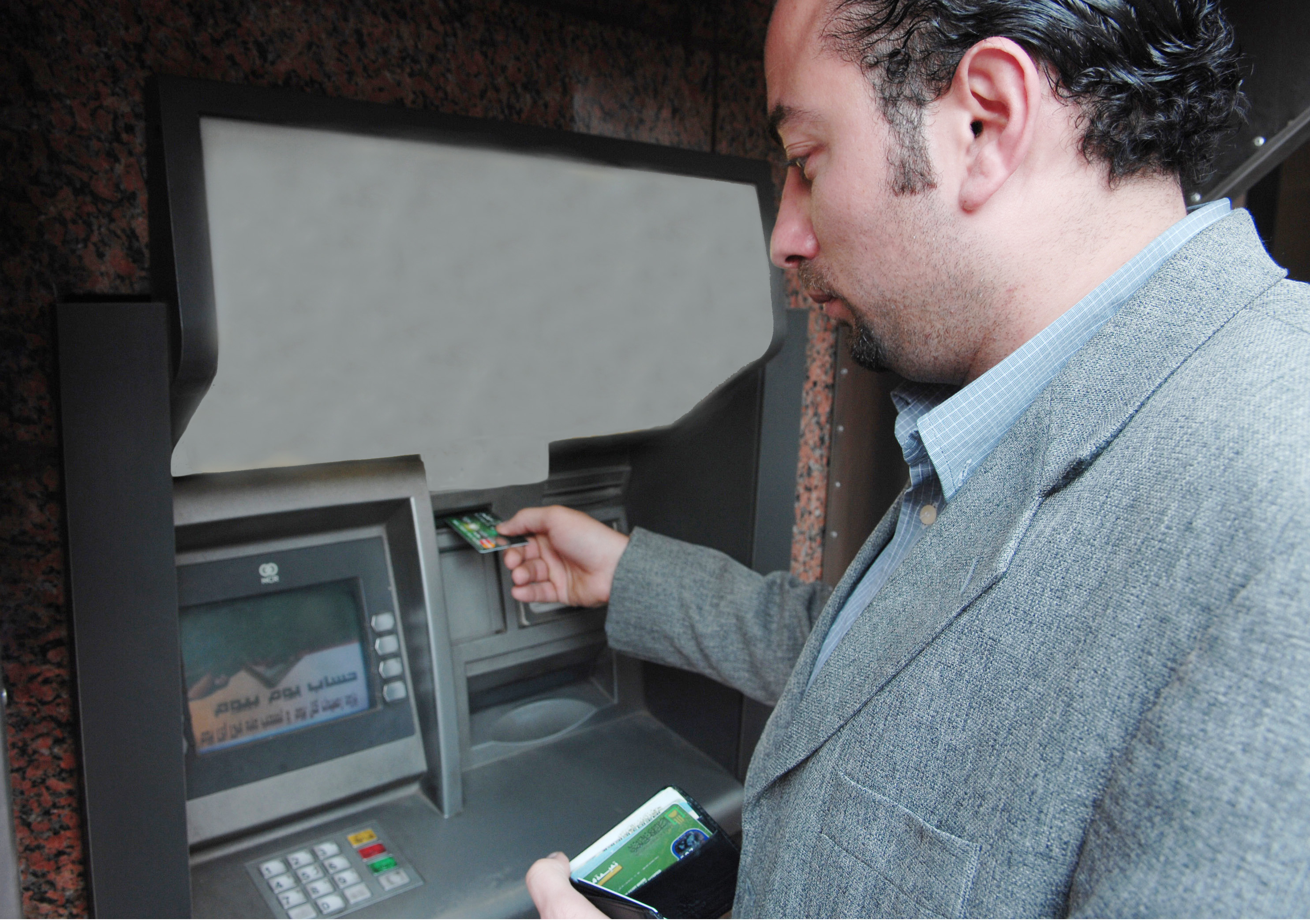The Asset-liability Committees (ALCOs) – responsible for overseeing the management of a bank’s assets and liabilities – are holding intensive meetings this week to discuss the fate of interest rates on banks’ savings vessels and loan products, after the Central Bank of Egypt’s (CBE) decision to raise interest rates by 2% last week.
The Monetary Policy Committee (MPC) of the CBE decided, in its meeting last Thursday, to raise the basic interest rates by 2%, to reach 11.25% for depositing, 12.25% for lending, and 11.75% for the credit and discount rate, and the price of the main operation at the CBE.
In the first reaction to the CBE’s decision, interest rates on variable-rate certificates, and some loan products whose pricing is connected to the CBE’s interest rates, rose automatically.
In the Egyptian market, there are about 29 variable-rate certificates issued by 24 banks, in addition to a large number of variable-rate loan products.
In a related context, the market is awaiting the first reaction to the yield of debt instruments after the decision. On Sunday, the bank will issue two tenders for treasury bills worth EGP 24bn , on behalf of the Ministry of Finance. The value of the first is worth EGP 14bn for a term of 91 days, and the second with a value of EGP 10bn for a term of 273 days.
On Monday, the CBE will issue three bond bids worth EGP 7bn, the first with a value of EGP 5bn for one and a half years, “Zero coupon”, the second with a value of EGP 1.25bn for three years, and the third with a value of EGP 750m for seven years.
The MPC’s decision was widely expected in light of the large increase in the inflation rate.
Prominent banking leaders affirmed that the CBE’s raising its basic interest rates by 2% enhances the state’s steps to curb inflation and maintain the stability of the exchange rate.
Mohamed El-Etreby, Chairperson of Banque Misr, said in a statement that the CBE’s decision addresses the repercussions of inflation.
El-Etreby indicated that the 18% certificates issued by the bank on 21 March 2022, will continue without any changes, pointing out that the total proceeds of that certificate in the bank amounted to EGP 216bn.
Yehia Aboul Fotouh, Vice President of the National Bank of Egypt (NBE), said that the 18% certificate continues with the same yield, with zero intention to issue new certificates.
Ashraf El-Kady, Chairperson of the United Bank, said, in a statement, that the CBE is using its tools to control inflation and return to acceptable levels, which rose as a result of global influences, including the Coronavirus pandemic, the slowdown in supply chains, and the Russian-Ukrainian war.
El-Kady explained that the CBE’s measures are in line with market forces, which are expected to balance out in the near future.
Tamer Youssef, head of the treasury sector in a foreign bank, said that the decision to raise the interest rate supports the monetary reserve and the stability of the Egyptian pound.
Youssef explained that the difference between the interest of the Egyptian pound and the US dollar is in favour of the pound by 16%, which makes the local currency attractive to savers, in addition to its positive effects in attracting foreign capital in the medium and long term.
Mohamed Badra, a banking expert and a board member of a state-run bank, said that the goal of raising the interest rate is to reduce inflation and maintain market safety and stability in the face of escalating events internationally. He pointed out that raising interest is one of the tools that the CBE uses to achieve this goal.
Badra added that the CBE is adopting a wise policy, and is dealing with market requirements gradually. He noted that the proactive measures taken by the CBE usually provide economic protection against fluctuations in the market.
He pointed out that CBE’s decision will positively affect bank depositors, as each bank will review its deposit structure, and interest rates will be adjusted accordingly.
Badra confirmed that the decision to raise interest rates will also have a positive impact on attracting foreign investors to the Egyptian market in the medium and long term.




